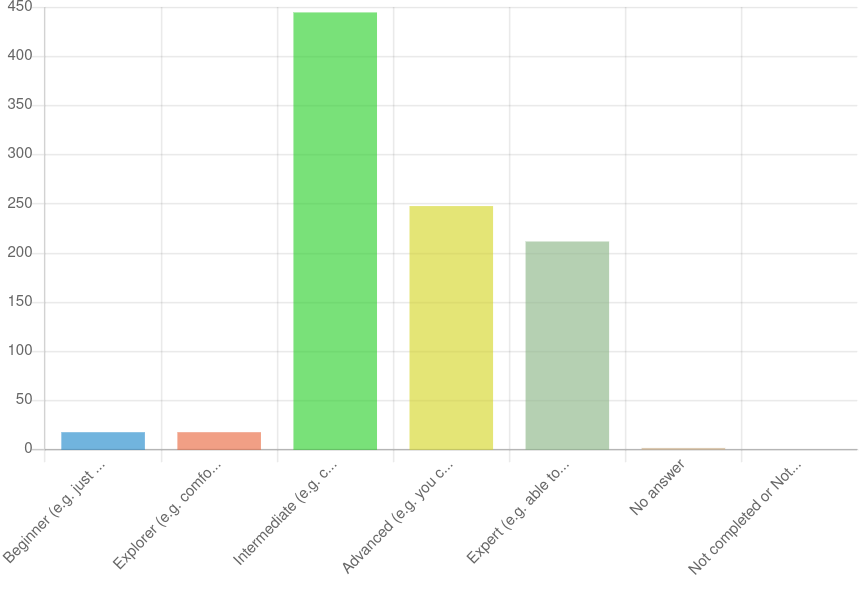Author: Thom Holwerda
Source
Sponsored:
Working in Public: The Making and Maintenance of Open Source Software - Audiobook

Unlock the Digital Creator Code!
We’ve been talking a lot about sleazy ways in which the online advertising industry is conspiring with browser makers – who also happen to be in the online advertising industry – to weaken privacy features so they can still track you and the ads they serve you, but with “privacy”. They’re trying really hard to make it seem as if they’re doing us a huge favour by making tracking slightly more private, and browser makers are falling over themselves to convince us that allowing some user and ad tracking is the only way to stop the kind of total everything, everywhere, all at once tracking we have now. We’ve got Google and Chrome pushing something called “Privacy Sandbox“, and we’ve got Mozilla and Facebook pushing something called “Privacy-Preserving Attribution“, both of which are designed to give the advertising industry slightly more private tracking in the desperate hope they won’t still be doing a lot more tracking on the side. Safari users, meanwhile, have been feeling pretty good about all of this in the knowledge Apple cares about privacy, so surely Safari won’t be doing any of this. You know where this is going, right? Today, the WebKit project published a lengthy blog post detailing all the various additional measures it’s taking to make its Private Browsing mode more, well, private, and a lot of them are great moves, very welcome, and ensure that private browsing on Safari is a little bit more private than it is on Chrome, as the blog post gleefully points out. However, not long into the blog post, the shoe drops. We also expanded Web AdAttributionKit (formerly Private Click Measurement) as a replacement for tracking parameters in URL to help developers understand the performance of their marketing campaigns even under Private Browsing. ↫ John Wilander, Charlie Wolfe, Matthew Finkel, Wenson Hsieh, and Keith Holleman A little further down, they go into more detail: Web AdAttributionKit (formerly Private Click Measurement) is a way for advertisers, websites, and apps to implement ad attribution and click measurement in a privacy-preserving way. You can read more about it here. Alongside the new suite of enhanced privacy protections in Private Browsing, Safari also brings a version of Web AdAttributionKit to Private Browsing. This allows click measurement and attribution to continue working in a privacy-preserving manner. ↫ John Wilander, Charlie Wolfe, Matthew Finkel, Wenson Hsieh, and Keith Holleman So not only does Safari already include the kind of tracking technology everyone is – rightfully – attacking Mozilla over for adding it to Firefox, Apple and the Safari team are actually taking it a step further and making this ad tracking technology available in private browsing mode. The technology is limited a bit more in Private Browsing mode, but its intent is preserved: to track you and the ads you see online. I would hazard a guess that when you enable a browser’s private browsing or incognito mode, you assume that means zero tracking. We already know that Chrome’s Incognito mode leaks data like a sieve with bullet holes in it, and now it seems Safari’s Private Browsing mode, too, is going to allow advertisers to track you and the ads you see – blog post full of fancy privacy features be damned. Do you know those “Around the web” chumboxes? Even if you’re unfamiliar with the term, you’ve most definitely seen these things all over the web, and really hate them. A major player in the chumbox business is a company called Taboola, a name that’s quite despised and reviled online. Popular Apple blogger John Gruber called Taboola a “slumlord” and the “lowest common denominator clickbait property“. Do you want to know which major technology company just signed a massive deal with Taboola? Ad tech giant Taboola has struck a deal with Apple to power native advertising within the Apple News and Apple Stocks apps, Taboola founder and CEO Adam Singolda told Axios. ↫ Sara Fischer at Axios Apple needs to find new markets to keep growing, and clearly, pestering its users with upsells and subscriptions to its services isn’t enough. The online advertising industry is massive – just look at Google’s and Facebook’s financial disclosures – and Apple seems to be interested in taking a bigger slice of that fat pie. And as Google and now Mozilla are finding out, a browser that blocks ads and ad tracking kind of gets in the way of that. Anyone who can make and sell plug-and-play Pi-Hole devices even normal people can use is going to make a killing.


